A joint drill conducted by the Philippines and the United States forces starting from Monday threatens regional stability and further stirs up tension in the South China Sea, analysts say.
The annual drill, called Balikatan, a Filipino term that means shoulder-to-shoulder, will run from April 22 to May 10. As many as 16,700 soldiers will participate in a broad spectrum of training activities, from maritime security and air defense to cyber warfare and information operations.
Of particular significance is the deployment of the Mid-Range Capability missile system, colloquially referred to as Typhon, by the U.S. Army Pacific to the Philippines' Luzon, which faces Taiwan of China — another flashpoint of tense Sino-U.S. relations.
This marks a notable development, being the first instance of the U.S. deploying a land-based, ground-launched system following its withdrawal from the Intermediate-Range Nuclear Forces Treaty, analysts say.
Japanese media reported the missile system has a range that reaches Shanghai.
Around 14 nations will join as observers, including Japan, India and countries in ASEAN and the European Union, Michael Logico, a Philippine army colonel overseeing the exercises, said.
In response to the drills, Chinese Foreign Ministry spokesman Lin Jian said the Philippines "should understand that drawing in countries outside the South China Sea to flex their muscles and stoke confrontation in the region will only intensify tensions and undermine regional stability".
Lin said that by introducing external forces to maintain its security, the Philippines "will only put itself into greater insecurity, and even become the pawn of others".
Anna Rosario Malindog-Uy, vice-president for external affairs at the Asian Century Philippines Strategic Studies Institute, said the deployment of Typhon for this year's joint drill is a "black day" for the Asia-Pacific region, and that could reshape the security structure here.
She said the deployment could potentially serve as a precursor to the more permanent basing of such missile systems in the Western Pacific region and "can be interpreted as provocative vis-a-vis China".
Arms race slammed
"The introduction of such capabilities on Philippine soil could contribute to a regional arms race," she said.
Chen Hong, executive director of the Asia Pacific Studies Centre at East China Normal University in Shanghai, slammed the joint military exercise as a strategic maneuver by the Philippine government to align itself with the U.S. in the context of broader Sino-U.S. rivalry.
"The Philippine government is dedicated to playing the 'anti-China' card, and its involvement serves as a manifestation of its willingness to act as a proxy for the U.S. in the South China Sea dispute," he said.
Under the Enhanced Defense Cooperation Agreement, a military pact allowing the U.S. to deploy its troops, weapons, and equipment in up to nine military bases within the Philippine territory, the U.S. has now expanded access to the Philippine military bases and more extensive military exercises in the country.
Zhang Jie, a researcher at the National Institute of International Strategy of the Chinese Academy of Social Sciences in Beijing, said Manila has its own motives behind its alignment with Washington."By deepening its alliance with the U.S., Philippine President Ferdinand Marcos Jr seeks to bolster domestic support while leveraging military and economic assistance from allied nations, including Japan, in its stance against China".
Zhang said the Philippines' insistence on involving countries outside the region in the South China Sea risks exacerbating regional tensions and increasing the likelihood of strategic miscalculations.
"The geopolitical ramifications of these developments extend beyond bilateral dynamics, with implications for regional stability and the unity of ASEAN nations," she said.
Wilson Lee Flores, honorary chairman of the Anvil Business Club, said ASEAN should aspire to become a nuclear-free and demilitarized region.
"ASEAN should avoid tragic wars now plaguing Europe and the Middle East," he said.
"The 'wolf pack tactics' employed by the U.S. should raise alarm. By stirring up troubles between China and ASEAN countries and carrying out military activities in the South China Sea, it aims at disturbing the region and consolidating its global hegemony," Chen said.









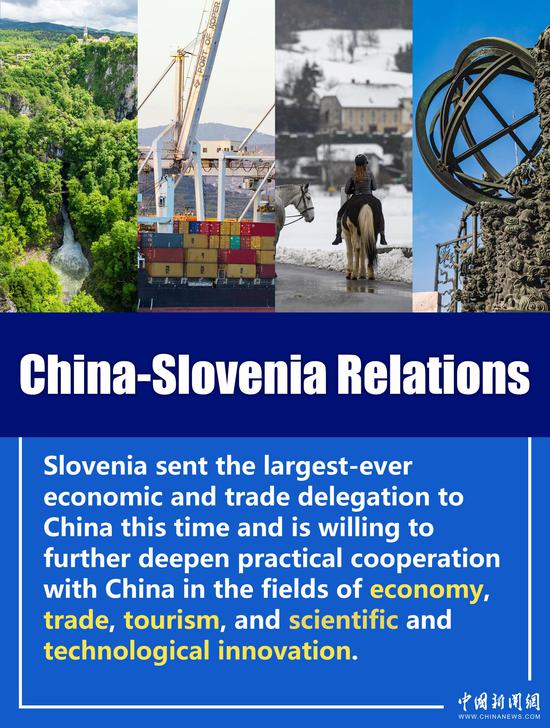
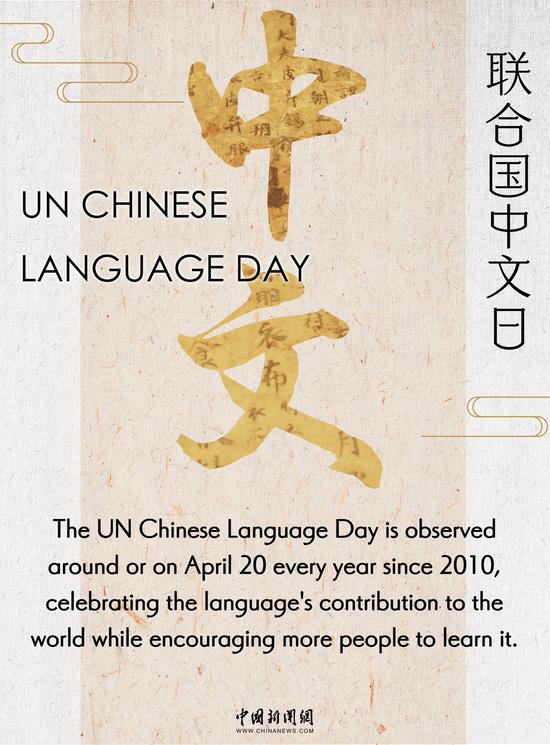
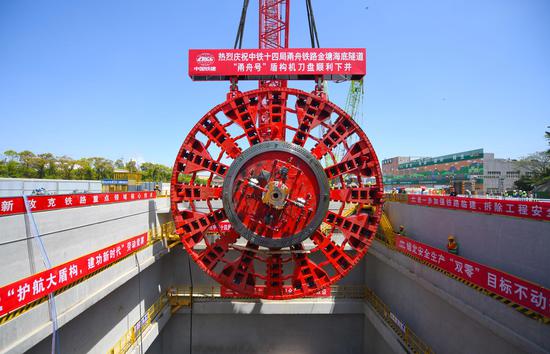



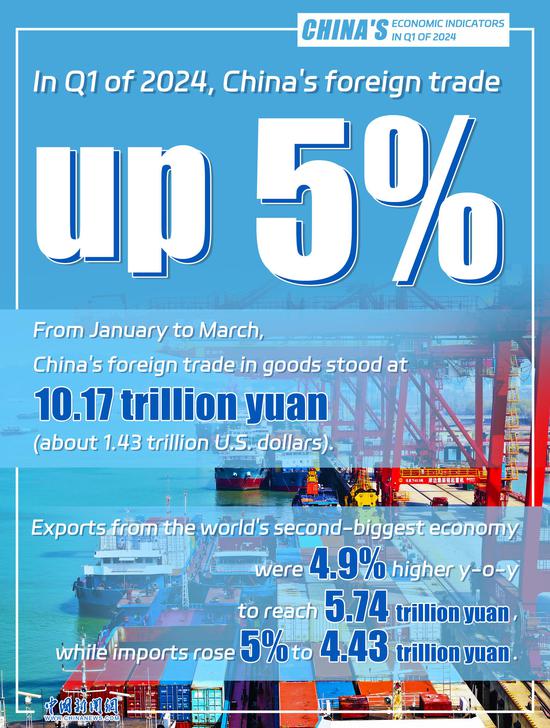



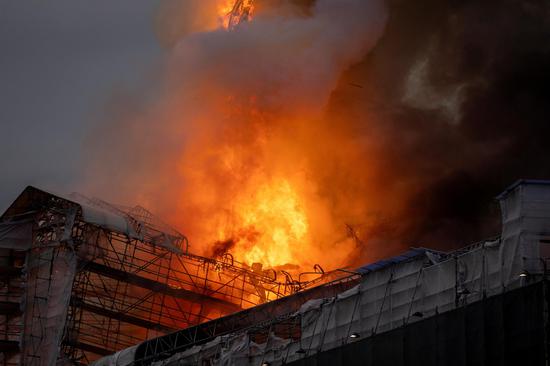

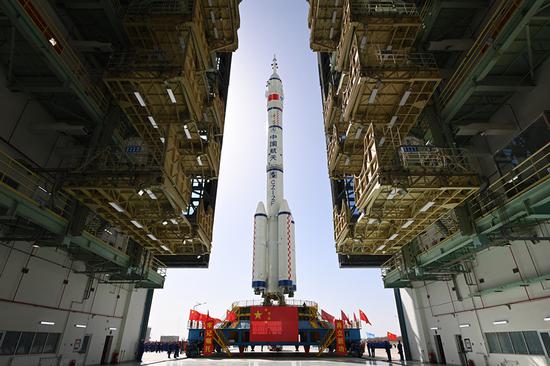



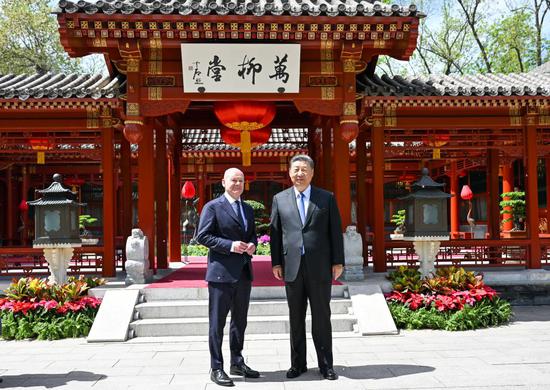



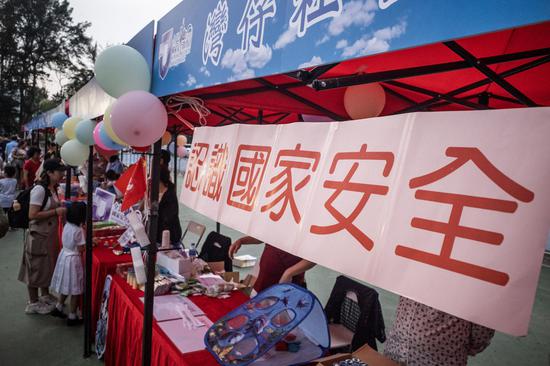



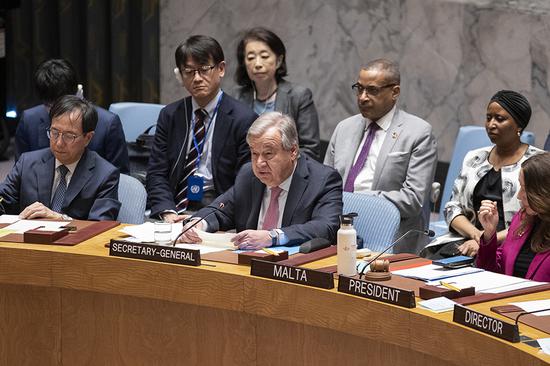

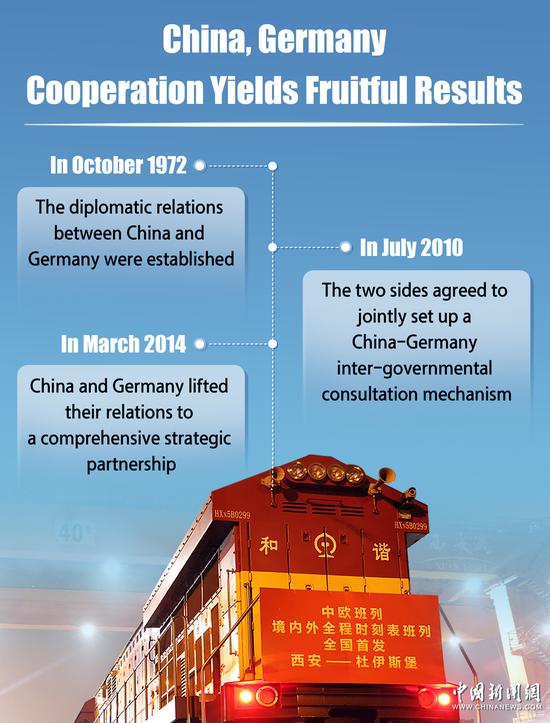

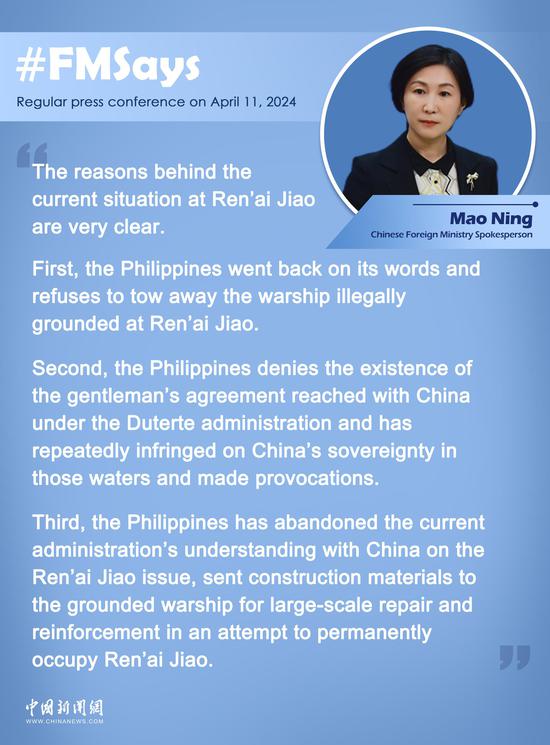
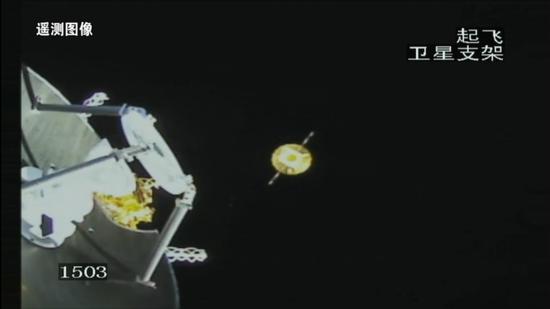
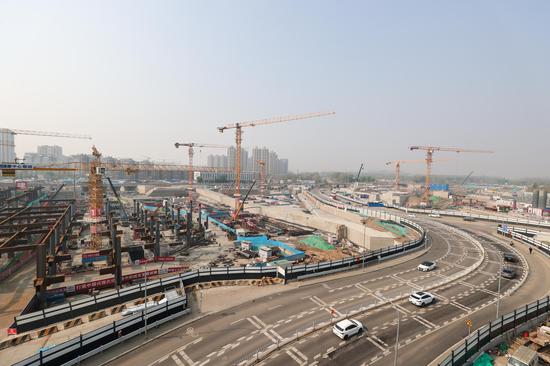


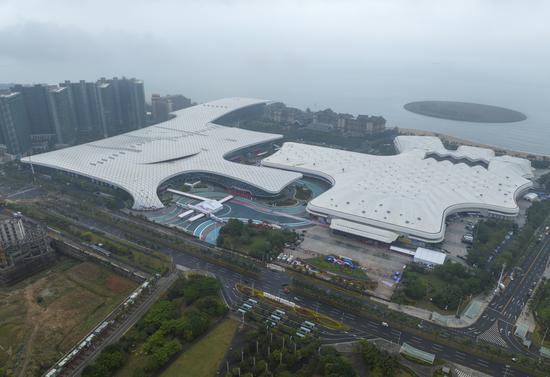







 京公网安备 11010202009201号
京公网安备 11010202009201号